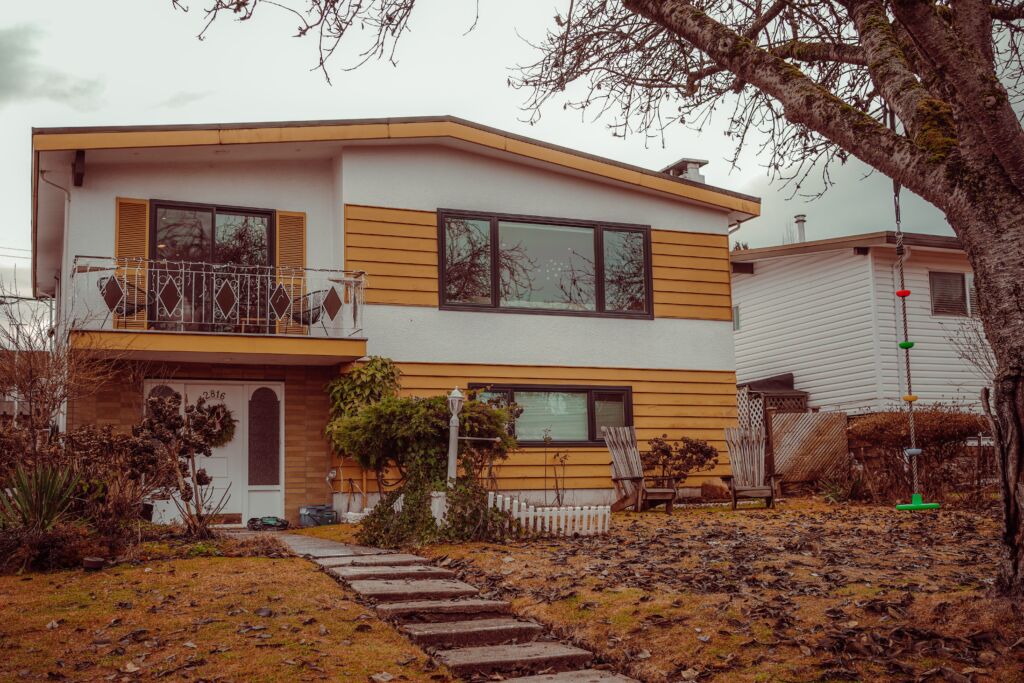
Introduced in 2018, the BC Speculation and Vacancy Tax is designed to transform vacant homes into housing for residents and to ensure equitable contributions to B.C.’s tax system from foreign owners and those with primarily foreign income. This annual tax is determined by how property owners utilize their residential properties, their residency status, and where they earn and report their income. The revenue generated from this tax is directed towards supporting affordable housing in the applicable areas.
All registered owners of residential property in a designated taxable area must complete a declaration each year to declare their residency status and how their property has been used, unless a special circumstance applies. You have to declare each year because your circumstances may change during the year.
Your declaration is due on March 31 of each year.
If you do not complete a declaration, you will need to pay the BC Speculation and Vacancy Tax on your property’s assessed value.
Exemption from the BC Speculation and Vacancy Tax.
Individuals who own residential property in specified taxable regions of British Columbia may qualify for an exemption from the BC speculation and vacancy tax.
In most cases, owners are exempt from the speculation and vacancy tax if the residential property serves as their principal residence. Individuals with multiple homes can only apply the principal residence exemption to the home where they reside for the longest duration within the calendar year. spouses cannot claim two different principal residence exemptions unless specific situations apply, such as spouses living apart due to work or medical reasons, or as a result of recent separation or divorce.
Other exemptions (check the details Exemptions for individuals for the speculation and vacancy tax):
- Previous principal residence
- Occupied by a tenant
- Cannot live in the residence because it’s uninhabitable
- Secondary residence close to medical treatment facility
- Just bought or inherited the property
- Separation or divorce
- Bankruptcy
- Recent death of owner
- Property is in a trust created for a minor by a will
- Property is in a trust for the benefit of a charity
- Property is a strata hotel
- Property includes a licensed child daycare
- Property is only accessible by water
- Other exclusions from the tax
BC Speculation and Vacancy Tax Rate
The tax rate applied to the property value varies based on the tax status of the property owner. If the property is owned by an individual or family with ‘satellite’ tax status—meaning their primary income source (over 50%) is from outside of Canada and they are not subject to Canadian income tax—the applicable tax rate is 2% of the home’s assessed value in that year. For Canadian citizens and permanent residents who do not fall into this special tax category, the rate is 0.5% of the home’s assessed value in that year.
